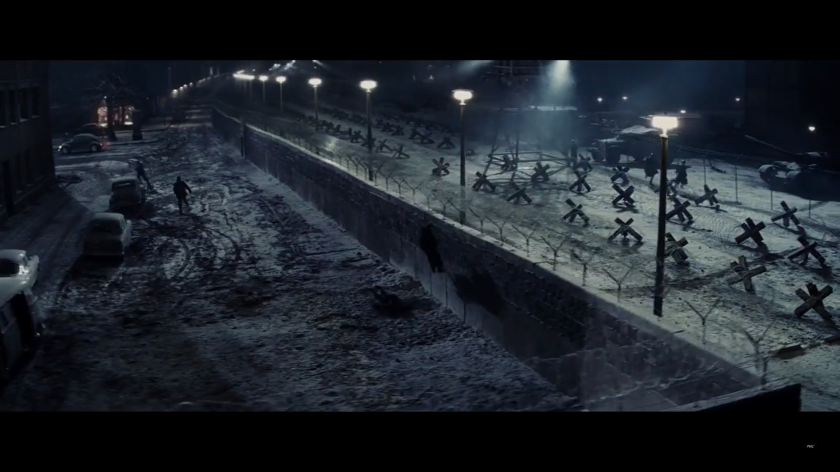Trying to make sense of this film split into two tonally incongruous parts.

Bridge of Spies (2015) is undoubtedly well-made and skillfully acted, but it left me cold. Was I finally outgrowing Steven Spielberg’s high-popular cinematic aesthetic? Or was I missing something that the majority of viewers saw plain as day?
This conundrum was finally resolved when I came across a comment by Richard Brody, perennial bugbear and inspiration for this blog, which pointed to “filial piety” as Spielberg’s central concern. This explained quite well Schindler’s List (1993) and Saving Private Ryan (1998), both about people in higher positions saving those in lower ones at great personal risk—and of course War of the Worlds (2005) fits even better. It also unlocked for me the key to finally getting Bridge of Spies.
Think of the two spies, Rudolf Abel (Mark Rylance) and Francis Gary Powers (Austin Stowell), as the wayward children and the two countries as two single parents, so we have two single-parent families. The parents each asks their kid to run an errand that gets the kid in trouble with the other parent, and since they’re only kids, it’s the parents who have to work it out. Add to this the subtext that each parent knows the other parent is behind the wayward kid’s actions, and you’ve got some basic dramatic tension going.
This explanation has the bonus advantage of explaining the tonal disjunction. The film is about the spy-swap, yes, but the symbolic level is also about reaffirming American values of justice. In the first part, Abel’s civil rights are violated, and the Supreme Court declines to restore them to him. Only in the second part is American justice restored, when Powers is received and treated humanely, while Abel (it’s implied) is tortured. And finally, that the US government in the film only protects the rights of the US citizen is kind of balanced out by the fact that it doesn’t torture the Soviet citizen, whereas both are tortured by the USSR.
Still not enthusiastic about the film, but at least it no longer keeps me up at night.
